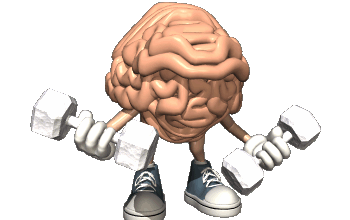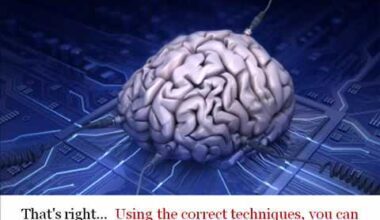Origami is the ancient and traditional Japanese art of folding paper. Most often the folding is that of a bird, but the figures can come in all different shapes and sizes. It is a brain game for all ages — from kids to older adults, and has been known to help in brain function and development, as well as improving memory and other brain and coordination functions.
With origami you hands are sending impulses to your brain that will activate all parts of it – both your right and left hemispheres. These areas have to do with memory, visual development and motor skills. You are also releasing serotonin, the “feel good” neurotransmitter that makes you feel happy, and has some cognitive functions in the brain related to memory and learning. It is a wonderful tool for teaching activities, mental development and for therapy for depression, anxiety and memory loss.
Download the pattern at: https://www.brainhq.com/?v4=true&fr=y and in addition to the pattern you can also see a diagram of the functions of the brain.
Origami has long been known for the many benefits it has, like:
- Improved memory
- Enhanced non-verbal thinking and comprehension
- Develops eye to hand coordination
- Aids in the development of sequencing skills
- Focuses attention
- Teaches patience
- Increases temporal/spatial skills
- Improves math reasoning
- Encourages creativity
- Aids in problem solving as well as social skills
According to the latest research on the brain, and the work of Doctors Katrin Shumakov and Yuri Shumakov, “When both hands are engaged, impellent motor impulses activate the language portion of the brain.”
Origami is useful as a brain and memory tool, but is art as well. The figures can be used for wedding favors, table decorations, baby and room mobiles, and so much more — a creative way to improve brain function and add beautiful and delicate art to your space, or as a gift.
I highly advocate origami and other brain games as aids in memory and learning development, as well as a relaxing activity for those who want a way to de-stress.
From the desk of Ron White
Sources:
Oriland, What origami can be — Five Questions about Origami benefits: http://www.oriland.com/oriversity/benefits/articles.asp?category=articles&model=01&name=Five%20Questions%20About%20Origami%20Benefits




